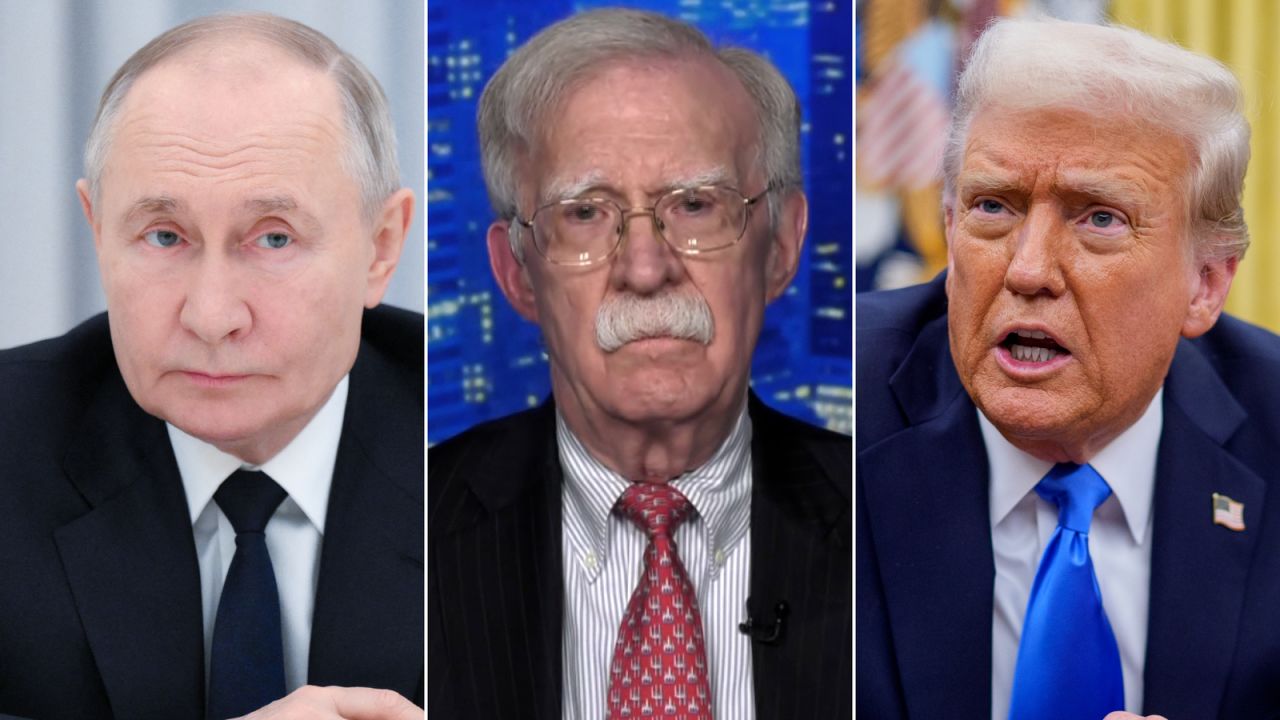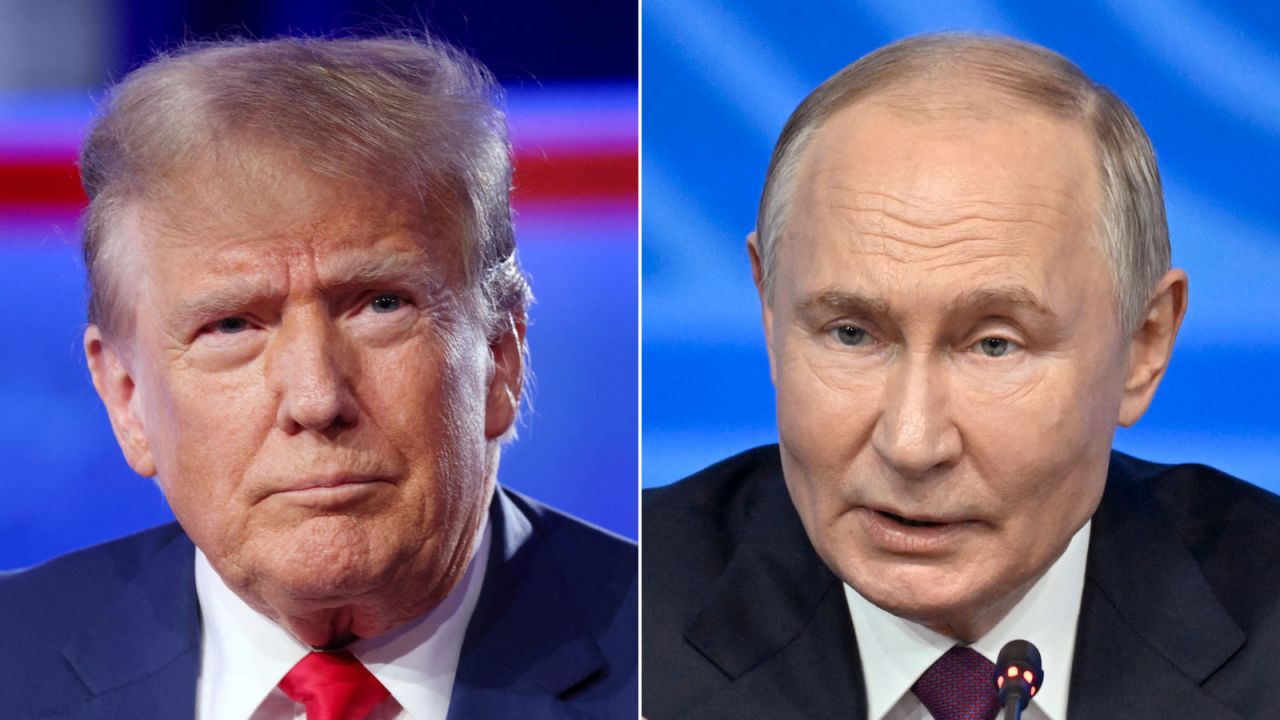Ukrainian soldiers, exhausted but resolute after defending their country for nearly three years, have responded bleakly to US President Donald Trump’s call with his Russian counterpart Vladimir Putin, which risks leaving Ukraine in the dark as the two larger countries decide its future.
CNN spoke to three Ukrainian military personnel over the phone Thursday, as President Volodymyr Zelensky said Ukraine would not agree to a peace deal negotiated without Ukrainian involvement.
“No one and nothing will stop Putin from attacking us again and occupying another region or several more,” Volodymyr Sablyn, a battalion commander in the 66th mechanized brigade, fighting in the direction of Lyman in Donetsk region.
“If Europe and America don’t help us, then making peace now will most likely lead to war in a few years,” said Sablyn, 36.
“If we win the war, Russia will not be able to attack anyone for decades. If we lose and are forced to make peace with the loss of the occupied territories, Russia will start wars one after another, occupy territories, assimilate civilians who will then fight in the following wars on the side of Russia.”
A senior officer for Ukraine’s intelligence agency, the SBU, was more optimistic, praising Trump’s “sharp temperament.”
“The best solution in this case would be to bring the aggressor country to the negotiating table from a position of strength, providing Ukrainian soldiers with real American weapons and allowing them to demonstrate that these guys are not to be trifled with,” said the 32-year-old officer who asked to be identified by his call sign Bankir.
Despite three years of grueling war, Bankir said: “Our desire to defend our land has not diminished, and it is not affected by any backroom agreements.”
A soldier who asked to be identified by his call sign Musician said, “I don’t think there will be a quick end to the war,” despite the rapid pace with which events are moving.
“Until Russia achieves the goal of at least capturing the Donetsk region, it seems to me that they will not stop even to take some operational pause to accumulate more forces,” said Musician, who is in the 38th separate marine brigade, currently fighting near Pokrovsk in Donetsk.
He said a pause in fighting would come as a “relief, because everyone has been very tired for three years.”
“It will matter more what happens next. How the army and military affairs will continue to develop and what we will do to strengthen the borders we have now. And then it will be seen how it will end.”
























